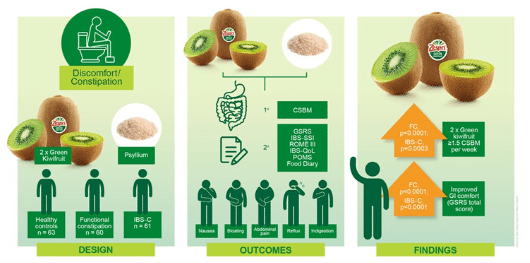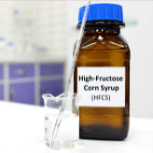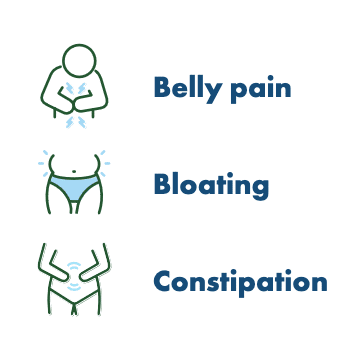Probiotics and IBS Symptoms: What You Should Know
If you have irritable bowel syndrome (IBS), you probably have to deal with friends, family, and even complete strangers constantly sharing the latest “IBS cure” they saw on the internet. While their advice is usually well-meaning, there’s a good chance that the cleanse being touted by Influencer X is utterly useless or even dangerous. This is why it’s so important to proceed with caution when it comes to natural remedies for digestive conditions.
One area of natural medicine that’s particularly difficult to navigate is dietary supplements. It’s essential to discuss your options with your healthcare team before starting any supplements. You should also consider working with a practitioner who has experience with dietary supplements, such as a registered dietitian.
While there are many digestive support supplements that could be beneficial for those with IBS, probiotic supplements are the most widely-researched and are going to be the focus of this article.
What are probiotics?
Our large intestine (or colon) is made up of bacteria, fungi, and other microbes. This collection of microorganisms is called the intestinal microbiota and these critters actually play some very important roles in digestion.
The beneficial bacteria in your large intestine, sometimes called our “good” bacteria, ferment (break down) certain types of carbohydrates and other food sources and produce gas in the process.
If you have IBS, you might think that fermentation in your gut is a bad thing, but the fermentation process is actually a normal and healthy part of digestion. Fermentation also produces a fatty acid called butyrate which, research suggests, may help to regulate the bowels, increase immune system defenses, and decrease inflammation.
Probiotics and IBS
There is a wide variety of research on probiotics and IBS. This meta-analysis of multiple research studies and this review paper both concluded that probiotics can likely play a role in the management of IBS.
Probiotics and constipation
Probiotics have also been shown to have potential benefits for chronic constipation (also known as “functional constipation”) and sometimes classified as IBS-C. A meta-analysis of available research found that probiotics helped to improve symptoms of constipation.
Two high-quality (randomized, bouble-blind, placebo-controlled) studies found that certain strains of probiotics were beneficial for constipation symptoms such as straining, stool frequency, and stool consistency. One study looked at a combination of Streptococcus thermophilus MG510 and Lactobacillus plantarum LRCC5193. The other study used Bifidobacterium animalis lactis HN019. The findings show us that certain strains of probiotics may be more beneficial than others, but more research is needed on the strain-specific benefits of probiotics.
Probiotics and diarrhea
Most probiotic supplements contain bacteria, but there is also a type of probiotic that is actually a yeast (fungi). It’s called Saccharomyces boulardii and a meta-analysis of the research has shown that it may be beneficial for diarrhea, IBS, and other digestive conditions. One specific benefit that researchers have found is that S. boulardii may help prevent diarrhea that occurs from gut infections acquired during travel (known as “traveler’s diarrhea”).
How to get started with probiotics
While these research studies show promise, please do not start any dietary supplements before first speaking with your healthcare team. Probiotic supplements are not appropriate for everyone with IBS and, like all supplements, should be used with caution. If you want to give probiotics a try, your healthcare provider can help you navigate the variety of options out there and ensure you are making the right choice for your health!
Related Resources:
ACG Patient Health Center: Irritable Bowel Syndrome
NIH Office of Dietary Supplements: Consumer Fact Sheet: Probiotics
ACG Patient Health Center: Diarrheal Diseases – Acute and Chronic
Katelyn Collins, RD is a registered dietitian and health writer specializing in digestive health. Katelyn’s personal experience with a digestive condition first sparked her passion for nutrition and health. Since then, she has been a vocal advocate for the digestive health community and has dedicated her own nutrition practice to serving those with digestive conditions.
Listen to our
latest Podcast!







